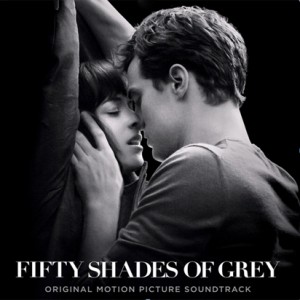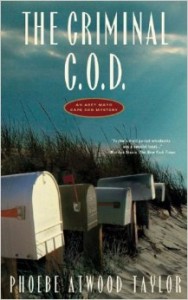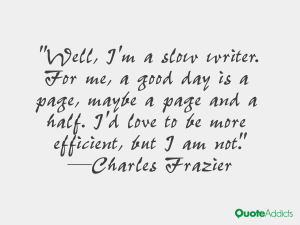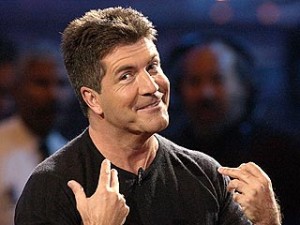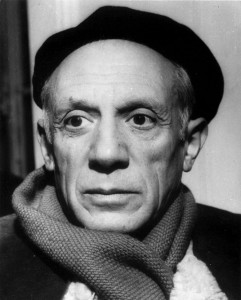For the last few years, at every writers’ conference I’ve attended, the hottest topic has been social media. Writers crowd these sessions like medieval pilgrims seeking miracles at a shrine. They seem convinced that with just the right piece of information, they can use social media to promote themselves into writing stardom.
Any why shouldn’t they be? Session after session, book after book, writing blog after writing blog all seem to promise that if you figure out the way to use Twitter or Goodreads or Tumblr or Instagram or Facebook or Amazon algorithms and SEO you’ll hit the jackpot. Just read X’s blog or book and see how she did it…… Your books will be in the Top 100, you’ll have tens of thousands of followers and customers–if not more. Hell, you might even develop your own lifestyle brand. You won’t just have a platform, you’ll have a ziggurat.
But it’s not possible for every writer to score big, is it? And just like all the other other promotional fads of recent years–like blog tours and Skyping to book groups–this heavy focus on social media might end up wasting an author’s time.
Americans love quick fixes and snake oil, they always have. It’s not surprising, then, that so many writers are following what’s going to be a false lead for most of them. It’s really tempting to imagine yourself just a hashtag away from fortune and fame.
Writing is intensely competitive. It’s hard to have a writing career of any kind and not compare yourself to other writers–that’s endemic in the business. You’ll always find someone else selling more books, appearing at more venues, winning more prizes, making more money than you are, getting better reviews (deserved or not). But things have only gotten worse now that publishing is easier, and more and more people just like you, it seems, are getting rich because they have the secret.
According to the New York Times, “A small but growing body of evidence suggests that excessive social media use can lead to an unhealthy fixation on how one is perceived and an obsessive competitiveness.” We writers have enough ways to make ourselves miserable without even getting out of bed–hell, some of us probably can do that in our sleep. Honestly, who needs more help?
Do you feel pressured as a writer to be engaged with social media? How do you deal with the pressure?
Lev Raphael is the author of 25 books in genres from memoir to mystery to historical fiction–and beyond. His web site is levraphael.com and you can find his books on Amazon.


